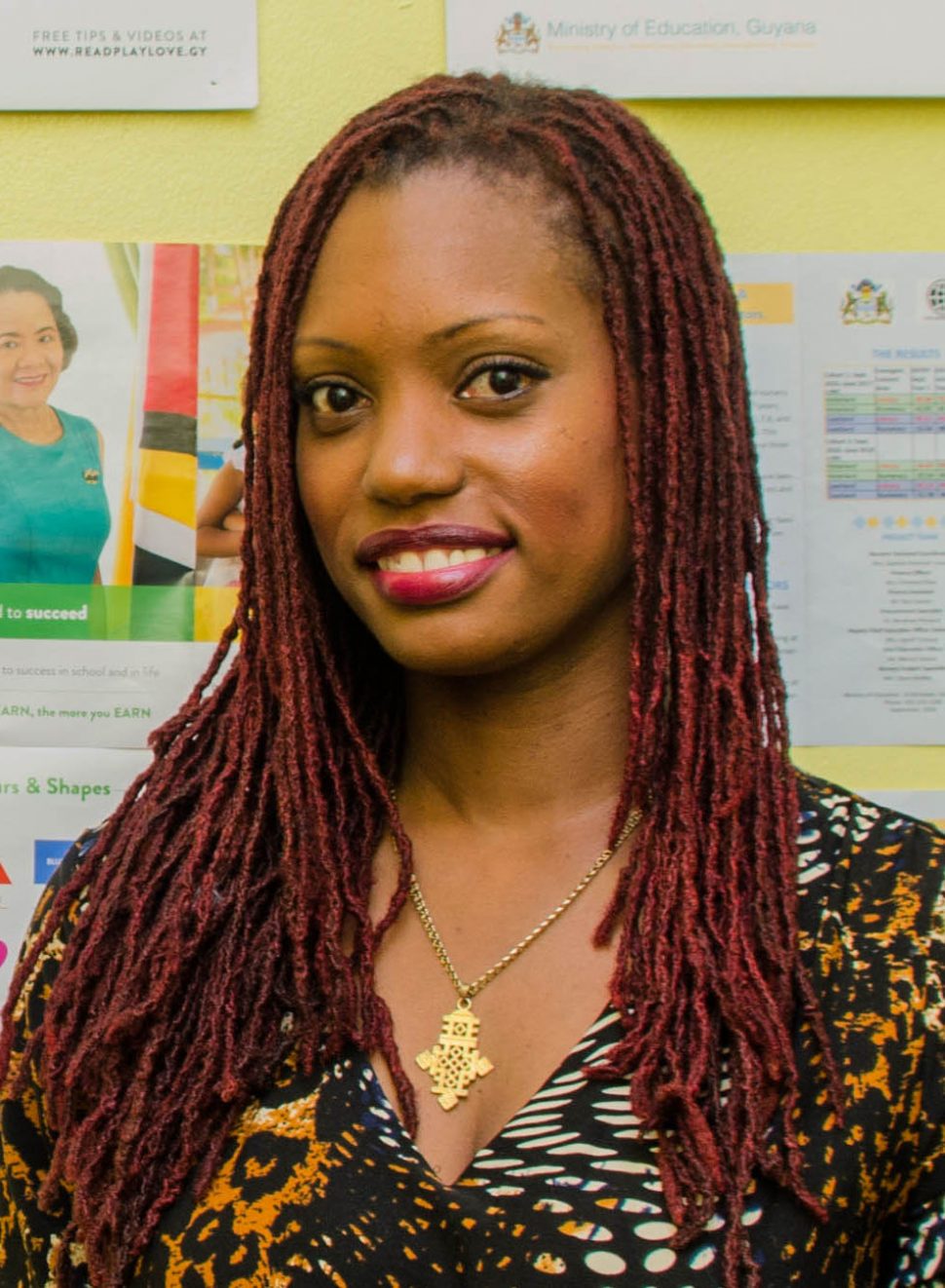Coming out of national consultations to upgrade the curriculum at all levels, the Ministry of Education has piloted a retooled curriculum for Grades 1 and 2 students, which will be implemented in September.
The Department of Public Information (DPI) reported that Quenita Walrond-Lewis, Project Coordinator of the Guyana Education Sector Improvement project (GESIP), which collaborated with the Ministry of Education to conduct a series of cross-country consultations as part of the reform process, cited the need to tailor the curriculum for the current global setting.
The nationwide curriculum reform, a process which has not been undertaken since 1976, and which will see focus being placed on Science, Techno-logy, Engineering, Arts, Mathematics and Spirituality (STEAMS) subjects in schools, will impact the education of students from the nursery level to grade 9.
“We cannot in earnest be trying to train children for the 21st century if the curriculum that we are using is two decades old because then you are not equipping children with modern skills for the world that they’re going to be facing,” Walrond-Lewis said.
She also noted that the curriculum is being tailored to promote student-centred learning and to cater to all types of learners.
“What we are endeavouring to do is ideally put the student at the centre of the learning. The education experience will come alive more for children because they are going to be thinking and learning through all of the different modalities through which children inherently think and learn,” she stated.
DPI reported that Minister of Education, Dr. Nicolette Henry, during the recent commissioning of the Kato Secondary School in Region Eight, said that the ministry recognizes the challenges facing learners and is actively working to reduce the disparities that exist between the hinterland and coastland schools.
As such, in keeping with the ministry’s mandate to deliver equitable educational opportunities to all, the reformed curricula will be made available to every school in Guyana.
The release also related that the Education Ministry recently announced that a new Grade Six timetable was piloted in several primary schools, allowing for greater subject reinforcement for areas students are weak in, and introducing students to timetabling, a system usually used from Grade 7.









